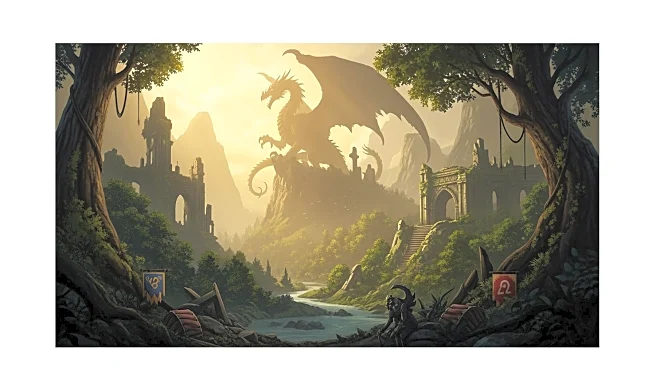Sun Tzu, the legendary Chinese military strategist, is traditionally credited with writing The Art of War, a text that has shaped military strategy for centuries. Despite uncertainties surrounding his historical existence, Sun Tzu's influence remains significant, with his teachings continuing to impact military and strategic thought worldwide. This timeline explores the origins, key phases, and turning points of Sun Tzu's influence, highlighting his enduring relevance in contemporary society.
Origins
Sun Tzu's origins are rooted in the Eastern Zhou period, a time of political fragmentation and warfare in ancient China. He is traditionally believed to have served as a general for King Helü of Wu, where he developed his strategic insights. The Art of War, attributed to Sun Tzu, reflects the military challenges and philosophical thought of this era.
Key Phases
The key phases of Sun Tzu's influence began with the dissemination of The Art of War, which became a foundational text in military strategy. Over the centuries, Sun Tzu's teachings have been studied and applied by military leaders across the globe. His principles of strategy, deception, and adaptability have been integrated into various fields, including business and sports.
Turning Points
A significant turning point in Sun Tzu's influence occurred during the Han dynasty when his teachings were formalized and widely disseminated. The Art of War's integration into military training and strategic planning marked a shift in how warfare was approached, emphasizing strategy over brute force. This turning point solidified Sun Tzu's status as a foundational figure in strategic thought.
Present Status in Source
Today, Sun Tzu's influence remains strong, with The Art of War continuing to be a key text in military and strategic studies. His teachings are referenced in leadership courses, business strategy sessions, and military training programs worldwide. Sun Tzu's emphasis on strategic thinking and adaptability ensures his relevance in contemporary society, where his principles are applied to navigate complex challenges.















